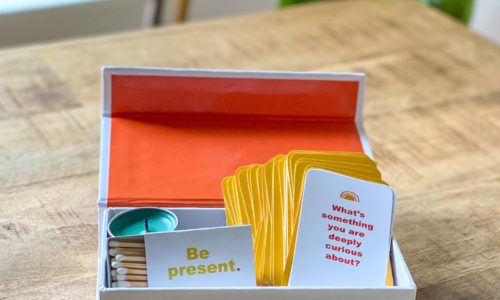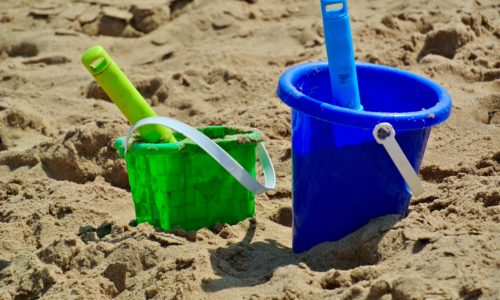Do you want to help your child achieve, learn and grow into his or her full potential?
Surprisingly, one of the most powerful ways we can do this is through our choice of words.
At Acton Academy, we have specific guidelines around the “praise” language we adults use. Before ever entering our studios, all guides read Choice Words by Peter Johnston, Mindset: The Psychology of Success by Carol Dweck and Montessori: The Science Behind the Genius by Angeline Stoll Lillard. These and other books demonstrate that the language used by teachers (guides) in praising a child’s work has a profound influence on learning, motivation and achievement.
As a parent, Dr. Dweck’s work has been particularly inspiring to me. One of the concepts she spent decades researching was “mindset” and its power in learning and achievement. She explains the difference between fixed and growth mindsets:
“In a fixed mindset, people believe their basic qualities, like their intelligence or talent, are simply fixed traits. They spend their time documenting their intelligence or talent instead of developing them. They also believe that talent alone creates success—without effort. They’re wrong.
“In a growth mindset, people believe that their most basic abilities can be developed through dedication and hard work—brains and talent are just the starting point. This view creates a love of learning and a resilience that is essential for great accomplishment. Virtually all great people have had these qualities.”
Dr. Dweck teaches that praising someone for their brains and talent can be a barrier to motivation and learning. Her research is exciting but even more compelling is what I observe in the studios and at home. Growth mindset language works. It inspires grit and resilience almost immediately. At the very least, it encourages interesting conversations about work and learning.
Here is a simple graph we use at Acton. I thought you might find it helpful as you give feedback to your children:
Growth Mindset (Do This) | Fixed Mindset (Don’t do this) |
| You must have worked really hard! What was the hardest part? | You are so smart. |
| You put a lot of effort on writing that essay, and your improvement shows it. | You are a natural artist. |
| I saw you try different strategies to solve that problem. Tell me about them. | You are awesome. |
| Although the task was hard, you stuck to it and achieved your goal. You must feel great. | You are the best. |
| I admire that you chose the challenging path. It will take a lot of hard work to get it done, but you are going to learn so many things! | You are so talented. |
| I love the strategy you used to achieve this goal. How did you choose it? | You are brilliant. |
We are all working hard to support our children on their journeys. I still slip into, “that’s awesome!” but now I catch myself and try harder at the next opportunity. I look forward to hearing which words you choose that make your child say with a glow and blush, “Thank you! I really did work hard. I’m excited for the next challenge!”


